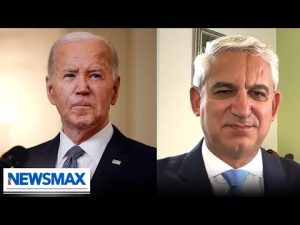In the world of sports and sensational narratives, it’s often the noise that catches the eye rather than the game on the court. That’s the case with the recent buzz around Angel Reese, a player who seems to have taken a page out of the sensationalism playbook. The drama unfolded during a game where Caitlin Clark, the basketball phenom, showed why she’s breaking records in women’s basketball, while Reese tried to score points off the court with claims of racism—a claim that didn’t quite stick upon investigation.
Caitlin Clark is by far an extraordinary player, having achieved significant milestones in women’s basketball. This is the kind of player who lets her performance do the talking. Angel Reese, on the other hand, has taken a different approach. Rather than channeling effort into improving her game, she’s become known for stirring the pot off the court. During a tough game matchup where her team faced a considerable defeat, Reese decided to pivot the narrative towards allegations of racism by opposing fans. However, it seems the only foul here was the baseless nature of her claims.
Now, shake-ups like these often warrant a closer look, especially when followed by a full-scale investigation. The WNBA jumped to address Reese’s allegations, rightfully so, as protecting players from racial abuse is crucial. Yet, after reviewing audio, video footage, and interviewing relevant parties, the league found no evidence to support Reese’s serious allegations. This is a classic example of speaking loudly, hoping no one notices the lack of substance in the claim itself.
What adds to the comedy and tragedy of this saga is that while Reese cried foul, the evidence pointed out a glaring double standard. Her social media reels show quite the spectacle: a TikTok video mocking Clark, using language that could easily turn the tables if the roles were reversed. Yet, curiously, that commentary didn’t gain the same spotlight from media outlets. The WNBA, known for its stance against discrimination and hate, seems to be mum on Reese’s choice of words against Clark.
It’s moments like these that make you wonder about the standards applied in both sports and society. The claim of bias, when unfounded, does more harm than good, clouding genuine cases of racism and diluting the real issues athletes face. Yet, here we witness an attempt to spin a narrative, only for it to backfire with undeniable irony. In a sport that values actions over words, what you achieve on the court ultimately outshines any off-court comments. This is a lesson many should take, especially in an age where actions still speak louder than words.







